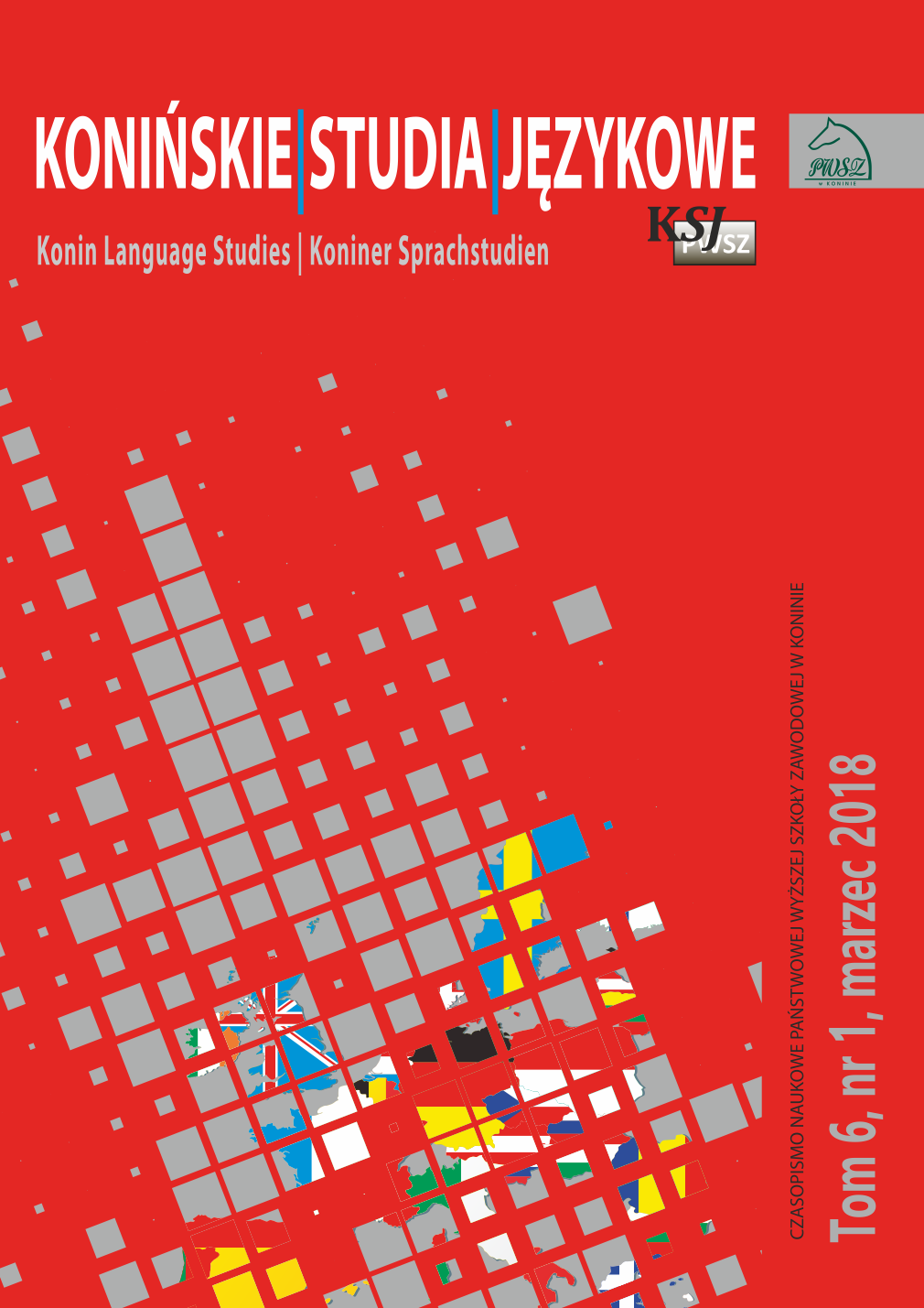Die Flexivik der Präteritopräsentien im Frühneuhochdeutschen
The inflectional forms of the preterite-present verbs in early-new-high-German
Author(s): Marta WoźnickaSubject(s): Theoretical Linguistics, Applied Linguistics
Published by: Akademia Nauk Stosowanych w Koninie
Keywords: preterite-present verbs; inflectional measures; weak or regular inflection; early-new-high-German stage
Summary/Abstract: The aim of the article is to present contrasts in the inflectional area of the so-called preterite-present verbs in the early-new-high-German stage, which is characterized by numerous processes of unification and equalization in the verb inflection system. Both in relation to internal and external inflection forms of these verbs, especially in the paradigm of the present tense declarative mode, they tend to harmonize towards weak or regular inflection, which is continued or not in the new-high-German stage. As an analytical instrument, to distinguish inflectional measures, Józef Darski model adapted to diachronic research was used (1987, 2004).
Journal: Konińskie Studia Językowe
- Issue Year: 6/2018
- Issue No: 1
- Page Range: 87-99
- Page Count: 13
- Language: German

